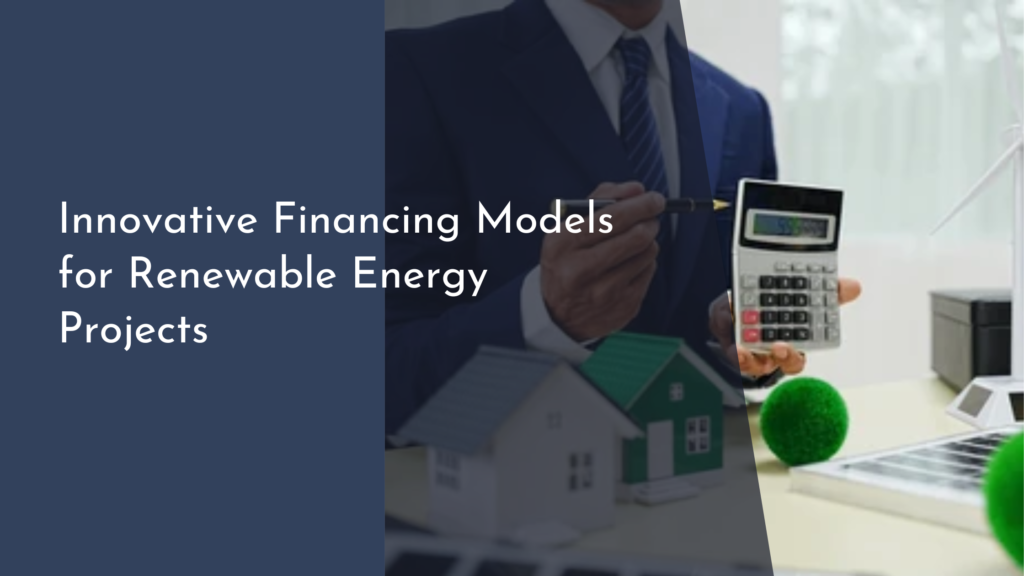Innovative Technologies for Energy Conservation
In an era where energy conservation is more critical than ever, innovative technologies are paving the way for a more sustainable future. From revolutionizing energy management systems to harnessing the power of renewable resources, these advancements are not only transforming the way we use energy but also how we think about our planet’s longevity. This article delves into four key areas of innovation that are making significant strides in energy conservation: smart grids, IoT devices, renewable energy, and energy storage solutions.
Smart Grids: Revolutionizing Energy Management
Smart grids are at the forefront of modern energy management, bringing a revolution to traditional power systems. Unlike conventional grids, smart grids incorporate advanced technologies to monitor, analyze, and control the flow of electricity efficiently. This results in reduced energy wastage, improved reliability, and the ability to integrate renewable energy sources seamlessly. Through real-time data collection and communication, smart grids help utilities and consumers make informed decisions about energy consumption, leading to optimized energy use and reduced costs.
One of the most significant advantages of smart grids is their ability to facilitate demand response programs. These programs enable consumers to adjust their electricity usage during peak times in response to time-based rates or other incentives. By doing so, smart grids help balance supply and demand, minimize blackouts, and reduce the environmental impact of energy consumption. Furthermore, the integration of smart meters provides consumers with detailed insights into their energy usage patterns, empowering them to adopt more energy-efficient habits and contribute to a greener future.
IoT Devices: Optimizing Home Energy Efficiency
The Internet of Things (IoT) is transforming homes into intelligent energy-efficient sanctuaries. IoT devices, such as smart thermostats, lighting systems, and appliances, are designed to communicate with each other and with users to optimize energy use. These devices adjust energy consumption based on occupancy, weather conditions, and user preferences, ensuring that energy is used only when and where it’s needed.
For instance, smart thermostats learn the patterns of residents and adjust heating or cooling schedules accordingly, saving energy without sacrificing comfort. Similarly, smart lighting systems can automatically turn off lights in unoccupied rooms, and smart appliances can operate during off-peak hours when energy is cheaper and less strain is put on the grid. These advancements not only contribute to lower energy bills but also reduce the overall carbon footprint of households, making IoT devices a key player in energy conservation.
Renewable Energy: Harnessing Nature’s Power
Renewable energy sources such as solar, wind, and hydro are reshaping the energy landscape by offering sustainable alternatives to fossil fuels. The shift towards renewable energy is driven by the need to reduce greenhouse gas emissions and combat climate change. As technology advances, the efficiency and accessibility of renewable energy systems have significantly improved, making them more viable and attractive options for both individuals and businesses.
Solar power, in particular, has seen remarkable growth due to the development of high-efficiency photovoltaic cells and decreasing costs of installation. Wind energy, with innovations in turbine design and offshore wind farms, is also gaining traction as a reliable source of clean energy. By tapping into these renewable sources, communities can reduce their dependence on non-renewable resources, cut energy costs, and support a healthier planet.
Energy Storage: Advancements in Battery Tech
Energy storage technology is a crucial component of modern energy conservation efforts, especially in the context of renewable energy integration. Advanced battery systems, such as lithium-ion and solid-state batteries, are enhancing the ability to store energy efficiently and sustainably. These advancements ensure a consistent energy supply even when renewable sources like solar and wind are not actively generating power, thus overcoming one of the biggest challenges of renewable energy.
In recent years, significant progress in battery technology has led to increased energy density, faster charging times, and longer life cycles. This progress not only benefits large-scale grid storage but also portable electronics and electric vehicles, making energy storage solutions more versatile and widely applicable. By improving battery efficiency and scalability, these innovations are crucial in ensuring a stable energy future, enhancing the adoption of renewable energy sources, and promoting a sustainable lifestyle.
As we continue to experience the repercussions of climate change and the depletion of natural resources, innovative technologies in energy conservation offer hope for a sustainable future. From smart grids to advanced battery technologies, these breakthroughs are not just about saving energy but also about creating a more resilient, efficient, and eco-friendly world. By embracing these technologies, we can make significant strides towards reducing our carbon footprint and preserving the planet for future generations.

